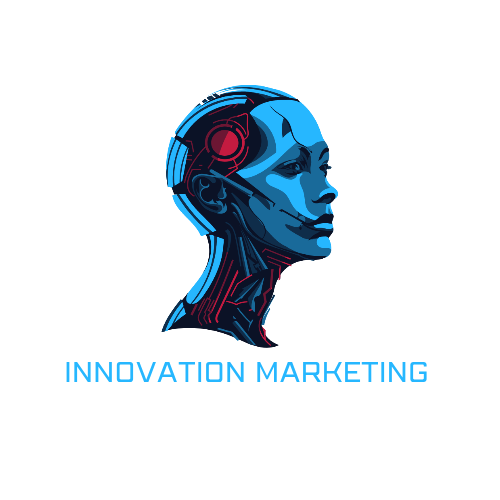BurnBelly
INNOVATION MARKETING-everything you need to know about AI
INNOVATION MARKETING-everything you need to know about AI
Couldn't load pickup availability
1. What is AI?
Artificial Intelligence (AI) refers to the simulation of human intelligence by machines — especially computer systems. These systems are designed to perform tasks such as:
Problem-solving
Learning
Reasoning
Language understanding
Perception
Decision making
2. Types of AI
Narrow AI: Specialized in one task (e.g., Siri, Google Maps, ChatGPT).
General AI: Can perform any intellectual task a human can (still theoretical).
Super AI: Surpasses human intelligence (hypothetical, subject of debate).
3. Main Fields of AI
Machine Learning (ML): AI systems learn from data without being explicitly programmed.
Deep Learning: A subset of ML using neural networks with many layers.
Natural Language Processing (NLP): Helps machines understand and generate human language (like ChatGPT).
Computer Vision: Enables machines to interpret visual information (like facial recognition).
Robotics: Combines AI with physical machines (e.g., autonomous vehicles).
Expert Systems: AI that mimics decision-making ability of a human expert.
4. How AI Works
AI learns and improves through:
Training: Feeding large datasets into models.
Algorithms: Instructions that guide machines on how to recognize patterns or solve problems.
Feedback Loops: Systems learn from successes and mistakes to refine their output.
5. Real-World Applications
Healthcare: Diagnosing diseases, personalized treatments.
Finance: Fraud detection, stock trading algorithms.
Marketing: Targeted ads, customer insights.
Transportation: Self-driving cars, traffic management.
Education: Personalized learning platforms.
Entertainment: Movie recommendations, music generation.
6. Benefits of AI
Automation of repetitive tasks
Increased efficiency and accuracy
Insights from big data
Innovations in medicine, education, and technology
7. Risks and Challenges
Job displacement: Automation could replace some human jobs.
Bias: AI can reflect and amplify biases in training data.
Privacy: Massive data collection raises concerns.
Security: AI can be used maliciously (e.g., deepfakes).
Ethical concerns: How AI decisions affect human lives.
8. Future of AI
Growth in autonomous systems (cars, drones).
Advanced personal assistants.
Smarter healthcare diagnostics.
Debates over AI regulations and ethics are intensifying.
The rise of AI-human collaboration rather than pure replacement.
Share


